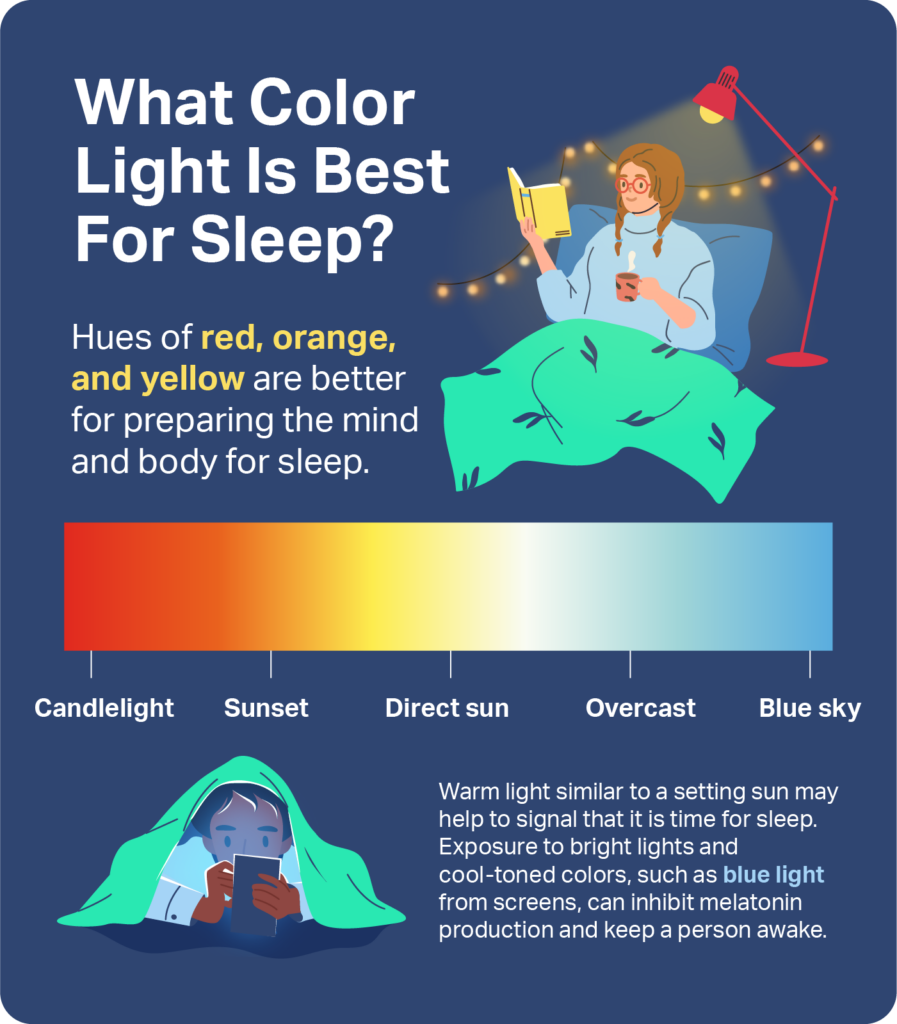Are you struggling to regulate your sleep schedule? Have you heard about the potential benefits of melatonin in aiding this process? In today’s fast-paced world, many individuals find it challenging to establish a healthy sleep routine. This is where melatonin, a hormone naturally produced by the body to regulate sleep-wake cycles, comes into play. But can melatonin really help you fix your sleep schedule effectively?
This blog aims to delve into the topic of using melatonin as a tool to improve sleep quality and reset disrupted sleep patterns. We will explore the science behind melatonin, its role in promoting better sleep, and how it may offer a solution to your sleep troubles. Join us on this journey to uncover whether melatonin could be the key to achieving a well-rested and rejuvenated self.
Understanding Melatonin and Sleep
When it comes to regulating your sleep schedule, melatonin can play a crucial role. This hormone, produced by the brain’s pineal gland, helps control your circadian rhythm and signals to your body when it’s time to sleep.
The Role of Melatonin in Sleep
Melatonin levels typically rise in the evening as it gets darker, signaling to your body that it’s time to wind down and prepare for sleep. This natural process helps synchronize your biological clock with the day-night cycle.
However, disruptions in this cycle, such as jet lag or shift work, can lead to imbalances in melatonin production, affecting your sleep patterns.
Can Melatonin Help You Fix Your Sleep Schedule?
Research suggests that melatonin supplements might be beneficial for certain sleep disorders, such as insomnia or delayed sleep phase syndrome. These supplements can help promote relaxation and improve sleep quality.
- It is essential to consult with a healthcare professional before starting melatonin supplements to determine the right dosage and timing for your specific sleep-related concerns.

Effects of Melatonin on Sleep Patterns
Melatonin is a hormone that plays a crucial role in regulating sleep-wake cycles. Research has shown that melatonin can help you fix your sleep schedule by promoting relaxation and signaling to the body that it’s time to sleep.
How Melatonin Works
When taken as a supplement, melatonin can help adjust the body’s internal clock. It mimics the natural production of melatonin in the brain, which leads to improved sleep quality and duration.
Benefits of Melatonin Supplement
In addition to aiding in synchronizing sleep patterns, melatonin supplements have shown promise in reducing jet lag symptoms and improving overall sleep quality.

Can Melatonin Help Regulate Your Sleep Schedule?
Many individuals struggle with maintaining a consistent sleep schedule, leading to issues such as insomnia or disrupted sleep patterns. Melatonin, a hormone produced by the pineal gland, has gained popularity as a potential aid in regulating sleep cycles.
How Does Melatonin Work?
Melatonin plays a crucial role in signaling your body when it’s time to sleep and wake up. It helps synchronize the body’s internal clock, known as the circadian rhythm, with the natural cycle of day and night.
Research suggests that supplementing with melatonin may be beneficial for individuals who have trouble falling asleep or staying asleep, especially when dealing with jet lag or shift work sleep disorder.
Potential Benefits of Melatonin
Using melatonin supplements can help reduce the time it takes to fall asleep, improve sleep quality, and adjust the sleep-wake cycle for those with irregular schedules.
- Improving Sleep Quality: Melatonin may enhance the overall quality of sleep by promoting relaxation and reducing the time taken to fall asleep.
- Regulating Circadian Rhythm: By regulating the internal body clock, melatonin can assist in establishing a consistent sleep schedule.
Factors to Consider Before Using Melatonin
Melatonin is a popular sleep aid used by many individuals looking to regulate their sleep schedules. Before incorporating melatonin into your routine, there are several factors to consider:
Potential Side Effects
While melatonin is generally considered safe for short-term use, it can cause side effects such as headaches and nausea. It’s essential to monitor your body’s response to melatonin to ensure it does not worsen your sleep issues.
Interactions with Medications
Individuals taking medications such as blood thinners or antidepressants should consult their healthcare provider before using melatonin. Melatonin can interact with certain drugs, potentially leading to adverse effects.
Underlying Health Conditions
People with autoimmune disorders or pregnancy should avoid melatonin without medical supervision. It’s crucial to consider your overall health status before using melatonin as a sleep aid.
Best Practices for Taking Melatonin
Melatonin is a popular supplement for improving sleep quality and fixing irregular sleep schedules. To maximize its benefits, consider the following best practices:
1. Consult a Healthcare Professional
Before incorporating melatonin into your routine, it is advisable to consult with a healthcare provider to determine the right dosage and timing based on your individual needs and health conditions.
2. Time it Right
Take melatonin approximately 30 minutes to an hour before your intended bedtime for the best results. This allows the supplement to sync with your natural sleep-wake cycle.
3. Start with a Low Dose
Begin with a low dose of melatonin, typically between 0.5 to 1 mg, and adjust as needed. Higher doses may lead to side effects like dizziness or grogginess.
Potential Side Effects of Melatonin
Melatonin is generally considered safe for short-term use, but like any supplement, it may cause side effects in some individuals. It’s important to be aware of the potential risks before starting melatonin supplementation.
Common Side Effects
Some common side effects of melatonin may include headaches, dizziness, drowsiness, and nausea. These side effects are usually mild and temporary.
Rare Side Effects
In rare cases, allergic reactions such as rash and itching may occur. Additionally, some individuals may experience daytime grogginess or mood changes when taking melatonin.
Alternative Strategies for Improving Sleep
While melatonin can be beneficial for regulating sleep patterns, there are other alternative strategies that can also help improve your sleep quality and schedule.
Establish a Consistent Bedtime Routine
Creating a relaxing bedtime routine signals to your body that it’s time to wind down and prepare for sleep. This can include activities such as reading a book, taking a warm bath, or practicing relaxation techniques like meditation.
Limit Exposure to Screens Before Bed
Electronic devices emit blue light that can interfere with the production of melatonin, making it harder to fall asleep. Try to avoid screens at least an hour before bedtime to promote better sleep.
Exercise Regularly
Physical activity during the day can help regulate your sleep-wake cycle and promote deeper sleep at night. Engaging in moderate exercise such as walking, yoga, or cycling can improve overall sleep quality.
Frequently Asked Questions
- What is melatonin?
- Melatonin is a hormone naturally produced by the brain’s pineal gland that helps regulate the sleep-wake cycle.
- Can melatonin fix my sleep schedule?
- Melatonin can help regulate sleep patterns and provide relief for certain sleep disorders, but it may not completely fix a disturbed sleep schedule on its own.
- How does melatonin work to improve sleep?
- Melatonin works by signaling to the body that it is time to sleep and can help adjust the body’s internal clock to synchronize with regular sleep patterns.
- What are the potential benefits of taking melatonin?
- Some potential benefits of taking melatonin include improved sleep quality, reduced time to fall asleep, and relief from jet lag and shift work sleep disorders.
- Are there any side effects of melatonin?
- While melatonin is generally considered safe for short-term use, some individuals may experience side effects such as headaches, dizziness, and daytime drowsiness.
Final Thoughts: Can Melatonin Help You Fix Your Sleep Schedule?
After delving into the potential benefits of melatonin in fixing your sleep schedule, it is evident that this natural hormone can indeed be a valuable tool in regulating your sleep patterns. Melatonin not only helps in falling asleep faster but also in adjusting your circadian rhythm, making it easier to establish a consistent sleep routine. However, it is crucial to consult with a healthcare provider before incorporating melatonin supplements into your regimen, as individual responses may vary. Remember, while melatonin can be beneficial, it should be used as part of a holistic approach to improving sleep hygiene and overall well-being. So, if you are struggling with sleep disruptions, melatonin might just be the solution you need to get your sleep schedule back on track.
